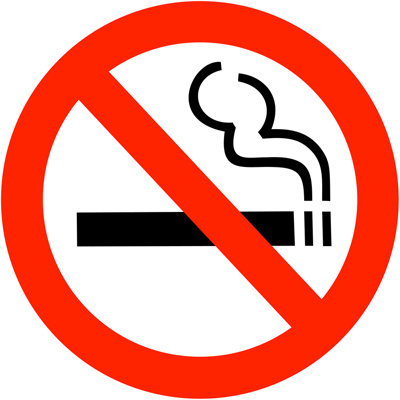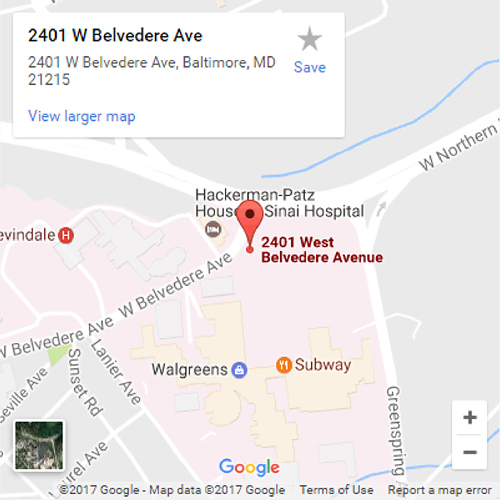Encouraging Bone Healing
Certain behaviors can help or hinder your bone healing after surgery. For your convenience, all of the information that follows can also be found in a handout: “Helping Your Bone Heal: Behaviors that Help and Hurt Your Progress.”
Weight Bearing
Ask your doctor if you can put weight on the injured leg or arm. If your physician allows you to put weight on the injured arm or leg, this can help to stimulate bone growth. Weight bearing is allowed in only certain circumstances though, so be sure to check with your doctor first!
Supplements to Encourage Bone Healing
Certain vitamins and minerals encourage bone healing. Our surgeons have agreed upon the following general guidelines for our orthopedic patients being treated for fractures, undergoing limb lengthening or having other types of bone surgery:
These daily dosages are for normally healthy patients and are in addition to vitamins or minerals that are part of your diet. Your surgeon may modify these recommendations based on your particular circumstances. If you have any underlying diseases, such as Rickets or kidney stones, please discuss this with your physician.
To further help bone healing, you can also eat foods that are rich in calcium, vitamin C, and vitamin D. Please see lists of foods and drinks that are rich in these nutrients below.
Dietary Sources of Calcium
Dietary Sources of Vitamin C
Dietary Sources of Vitamin D
Non-Steroidal Anti-Inflammatory Drugs Delay Bone Healing

One group of medications, called non-steroidal anti-inflammatory drugs or NSAIDs, can slow bone healing. Examples of NSAIDs include ibuprofen, naproxen, and aspirin (see full list below). Tylenol (acetaminophen or paracetamol) is allowed. Even though it is allowed, check with your doctor about an appropriate dose of Tylenol, because it might already be an ingredient in your prescription pain medication. If your surgery did not include cutting the bone, then please discuss with your surgeon whether or not you will need to avoid NSAIDs. Some surgeons are more lenient in allowing NSAIDs, so please confirm with your doctor or physician assistant.
DO NOT take the following medications without checking with the office first:
Smoking and Nicotine Delay Bone Healing
 We advise all patients undergoing bone lengthening and/or bone reconstruction procedures to stop smoking. Nicotine in all forms can keep bones from healing correctly. This includes: nicotine patches or gum, e-cigarettes, chewing tobacco, smoked cigarettes and cigars. For helpful resources to stop smoking, visit: smokefree.gov.
We advise all patients undergoing bone lengthening and/or bone reconstruction procedures to stop smoking. Nicotine in all forms can keep bones from healing correctly. This includes: nicotine patches or gum, e-cigarettes, chewing tobacco, smoked cigarettes and cigars. For helpful resources to stop smoking, visit: smokefree.gov.
According to the American Academy of Orthopaedic Surgeons, nicotine has a negative effect on bones, muscles, and joints, and often leads to poorer orthopedic surgery results. Research has found that it takes longer for smokers’ bones to heal because of the harmful effects of nicotine on the production of bone-forming cells. Smokers also have more complications after surgery, including: poorer wound healing and greater risk of infection.
Action on Smoking and Health, a national anti-smoking organization, has reported on its website that “smoking almost doubles the time it takes broken bones to heal, in some cases preventing recovery for more than a year, according to a study conducted at the University of Texas Medical School. Another study, conducted at Emory University School of Medicine, shows that nicotine in the blood slows and may even totally prevent bone fusion in certain cases.” (Posted with permission from ash.org.)
